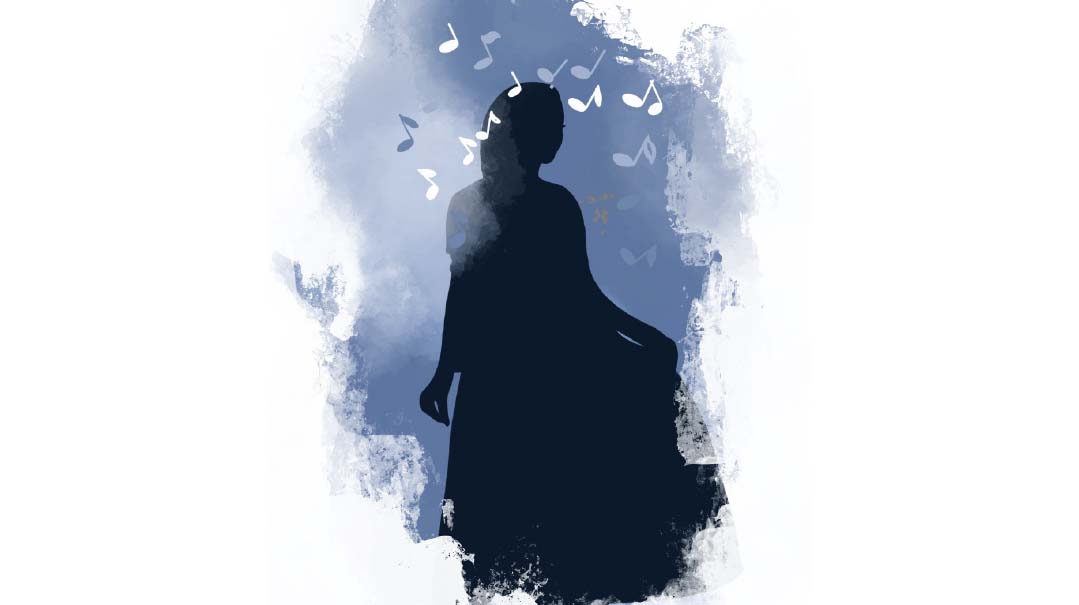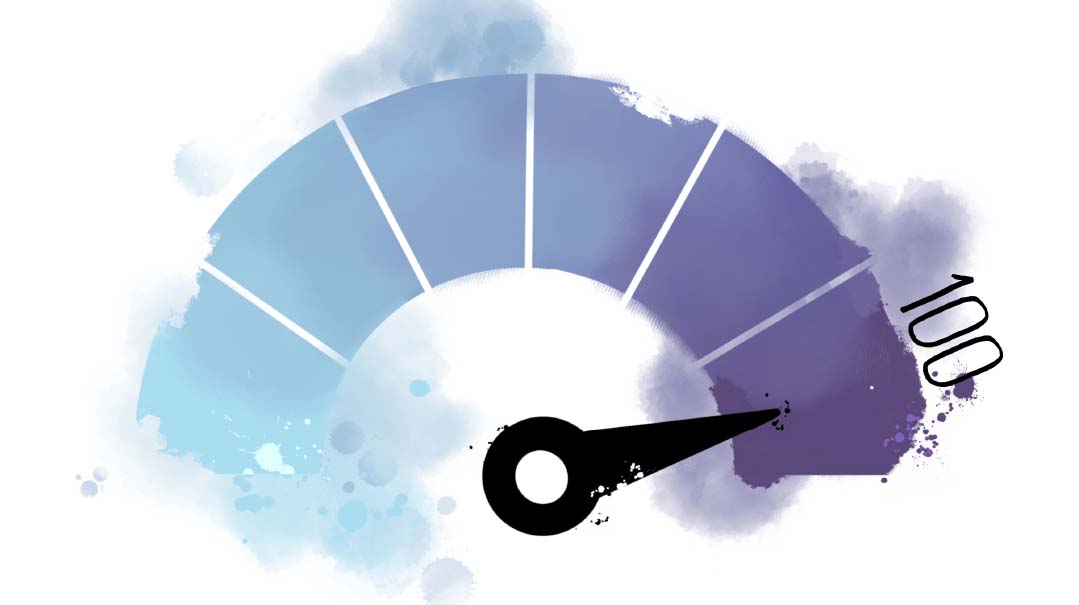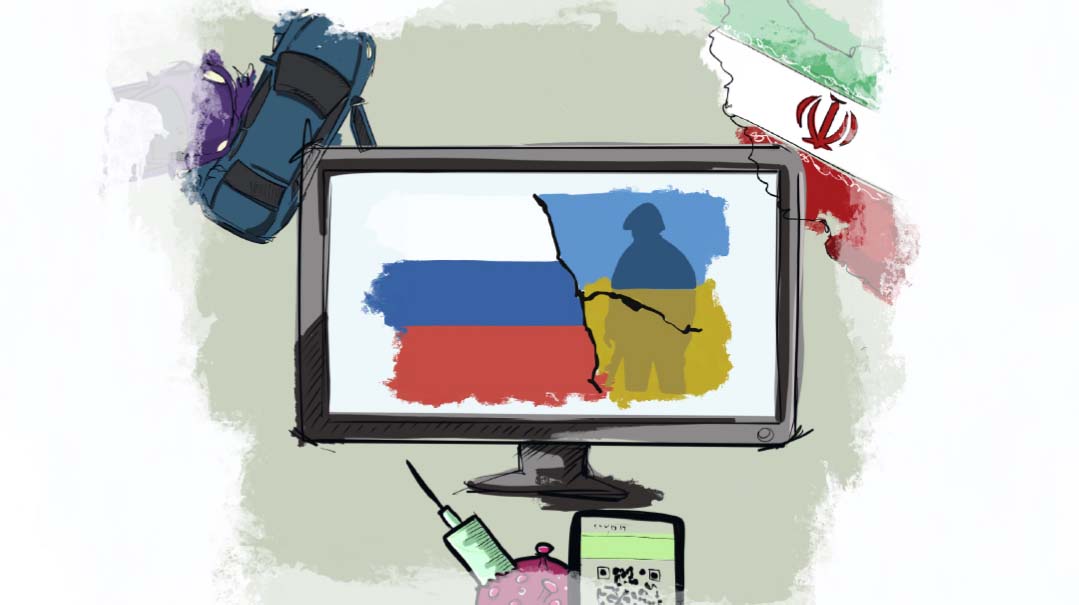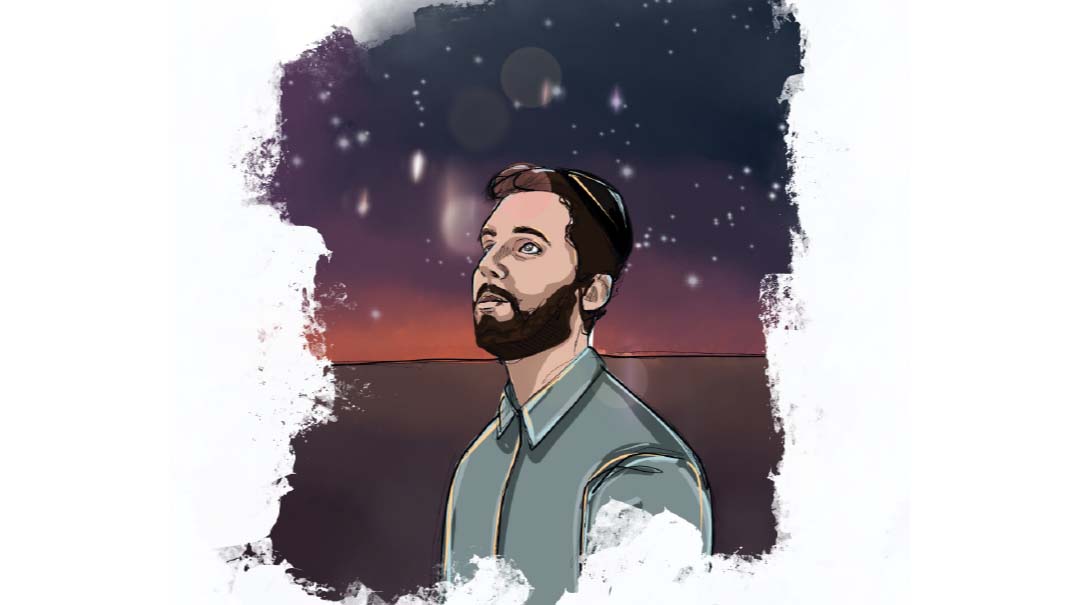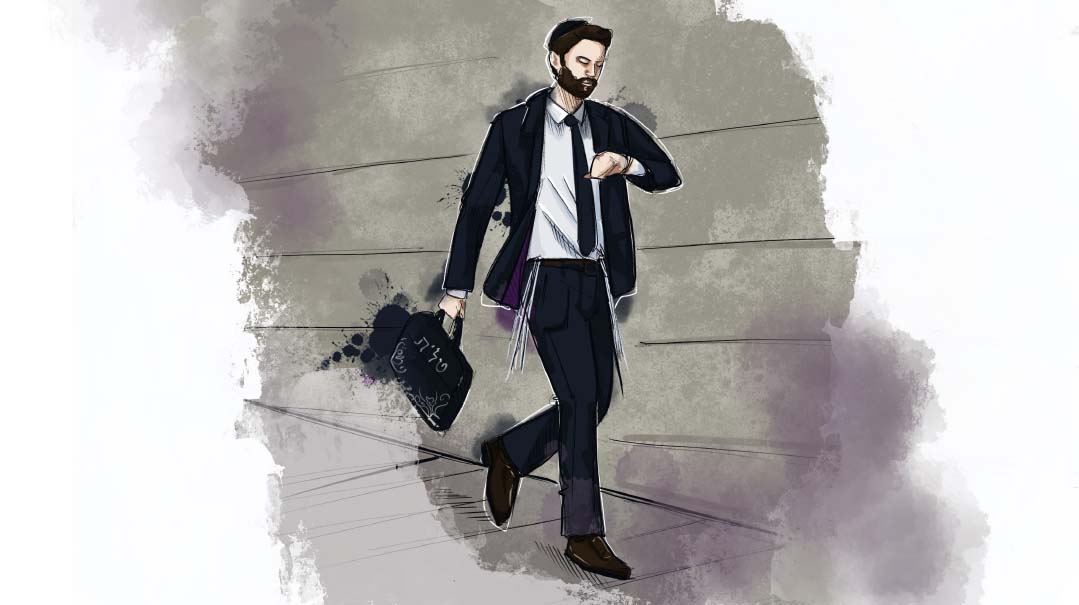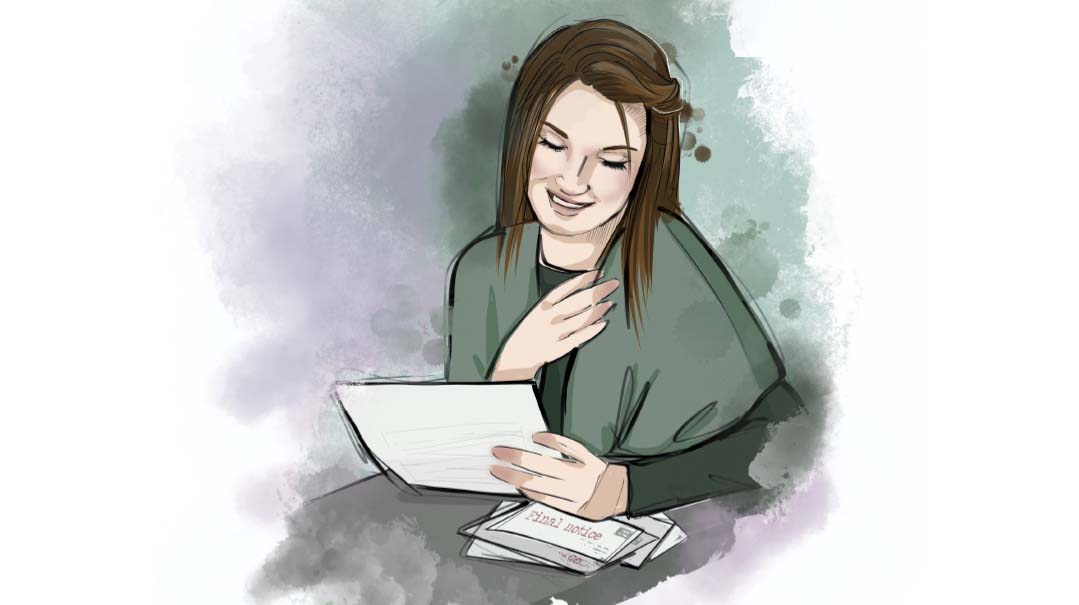Final Call
| February 22, 2022Two years later, those Covid-inspired kabbalos and resolutions are still keeping us going. Eight personal accounts
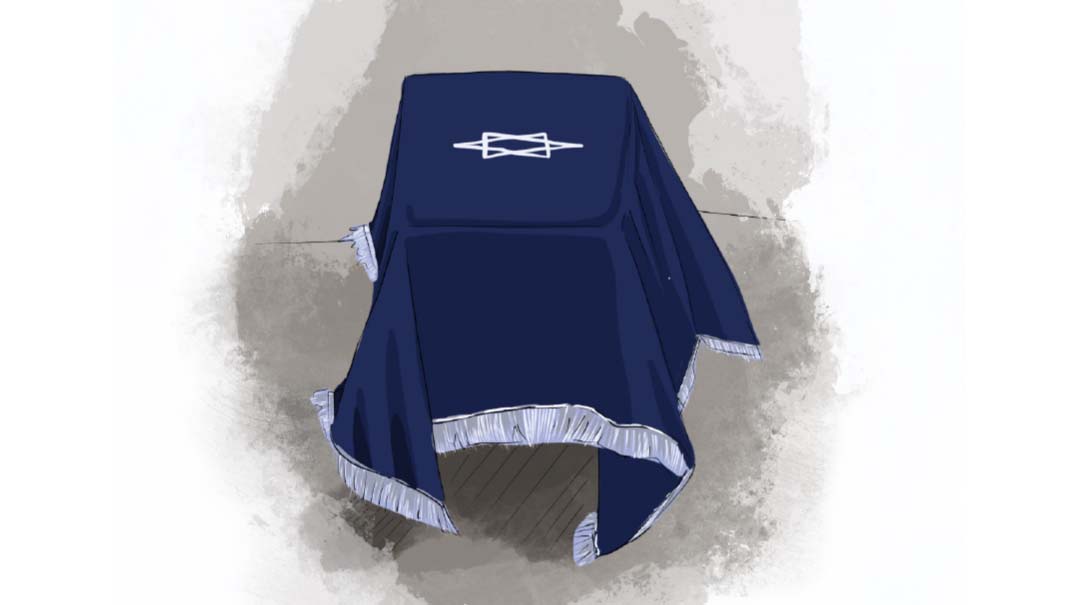
Project Coordinator: Rachel Bachrach
Illustrations: Marion Bellina
Yocheved Goldberg
It was a Motzaei Shabbos last April when the call came.
“We have a taharah tonight, I think you’ll want to help — it’s a Holocaust survivor.”
The woman who runs our chevra kaddisha had been asking me to get seriously involved for years. We live in South Florida, which has a large population of elderly Jews; for many, it’s their last stop before their final destination. Our shul’s chevra works overtime, providing taharahs for members as well as for individuals who aren’t affiliated with the frum community but want to be buried as Jews. My friend, aware of the special connection I feel to survivors, knew this taharah would be especially meaningful to me.
While the local chevra kaddisha has always practiced with sensitivity and attention to detail, Covid challenged the group in unprecedented ways: the frequency of taharahs, dealing with inherent danger, and new safety protocols. I was blown away anew with the response to each taharah opportunity posted on the chevra’s WhatsApp group.
“Taharah for Covid patient” my phone pinged incessantly — and I watched the screen light up as women volunteered without hesitation. I was witness to something special — the heroic lengths our chevra went to, the risks they took, and the inconveniences they confronted to prepare their sisters for burial with dignity.
With the pandemic raging around us and so many Covid-related deaths, unfortunately, the chevra needed more manpower. It was in those dark, bleak months that I knew it was time to become more involved. I wanted to be counted among this sacred society.
It’s time, I thought. It’s time for me to step up.
That very Motzaei Shabbos after I decided to make the leap and officially join, I got the call.
Growing up, my mother was a leader in our community’s chevra kaddisha in New York, so it was something I always valued. But while I’d participated in a number of taharahs for special members of our shul whom I knew, between my young children and my communal responsibilities as rebbetzin, I didn’t think I could volunteer regularly in the chevra — until now, when I felt I had to do something.
That Motzaei Shabbos, we paid our last respects to a woman who led a remarkable life: She was a Holocaust survivor who had been in and out of camps, lost her entire family, became the matriarch of a large, frum family, and lived into her nineties. As we carefully washed, cleaned, purified, prepared, and dressed this woman, I could not stop thinking about my own grandparents, also survivors — and the tears would not stop flowing. It was one of the most spiritual and meaningful moments of my life.
This lady represents the holiest generation we’re zocheh to know, I remember thinking, feeling a palpable connection to the extraordinary neshamos who came before me.
As we headed home, we heard from one of the family members that this was the first taharah ever in this woman’s immediate family. Her parents and siblings, and even her aunts, uncles, and cousins, were killed in the Holocaust and didn’t merit a proper burial. She was the only survivor, the only one who merited to have this beautiful, holy ritual help her transition to the Next World.
That night, I found myself ruminating about the pain this woman had suffered, and the resilience, strength, and profound emunah she’d drawn on to live a long life, build a beautiful family, and merit kever Yisrael. She had persevered through the darkness — and so could we.
Since then, I’ve been zocheh to do more taharahs. Yes, the selfless work of the chevra kaddisha is called chesed shel emes because it can never be repaid, but every time I walk out of the preparation room, I know I’ve gained so much: spiritual inspiration, an awareness of my own neshamah, and an appreciation for the gift of life and the preciousness of each moment.
Yocheved Goldberg is the rebbetzin of the Boca Raton Synagogue in Boca Raton, Florida.
(Originally featured in Mishpacha, Issue 900)
Oops! We could not locate your form.
